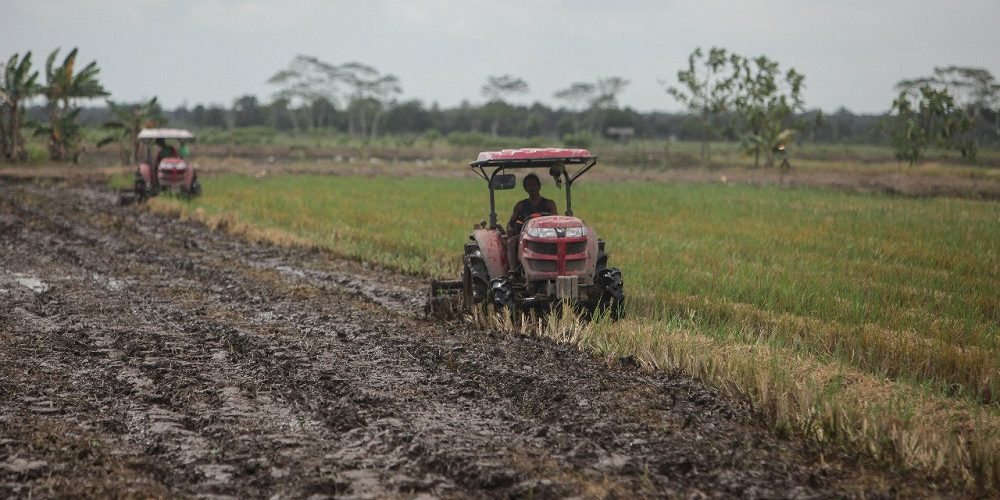Agriculture companies PT Petrokimia Gresik, PT Astra Agro Lestari and PT Rukan are ramping up their use of technology to streamline business and overcome challenges brought about by the COVID-19 pandemic.
Fertilizer company PT Petrokimia Gresik is planning to introduce machine learning and big data into its operations by integrating data that includes customer reviews, market surveys, institutional data, harvest data and data from in-house apps on production and the market.
Petrokimia Gresik president director Dwi Annurogo said Tuesday the company was planning to develop soil and weather sensors and utilize data based on satellite imagery.
“Petrokimia Gresik’s big data is still standalone and has not been fully integrated,” Dwi said in virtual discussion.
“We have a plan that we will integrate this big data and combine it with machine learning so that we can have real-time data.”
Dwi said the plan would better prepare the company to face challenges in case the government removed the subsidy for fertilizers.
The company’s move to speed up the adoption of technology comes at a time when the coronavirus pandemic has prompted most businesses to go digital to cater to the work-from-home population.
The Jakarta administration is extending the transitional period for large-scale social restrictions as it grapples with more than 1,000 confirmed cases every day.
Publicly listed palm oil company PT Astra Agro Lestari is also speeding up the use of technology, having started digitalizing its business in 2017.
Astra Agro Lestari installed internet of things sensors in dozens of its 200,000-ton palm oil tanks, enabling the company to monitor production volume at any time, said Santosa, the company’s president director.
“With COVID-19 preventing us from traveling, we can still monitor our operations very well because we have developed an operation center that is connected to all sites, from Aceh to Sulawesi,” said Santosa.
He explained that the demand for crude palm oil had picked up with China and India importing again to anticipate a surge in demand during holidays.
Indonesia, the largest producer of palm oil, recorded a decline of 11.57 percent in crude palm oil exports in the first half of the year, according to Santosa, quoting data from the Indonesian Oil Palm Association (GAPKI).
The coronavirus pandemic also prompted a digital shift in agriculture machine company PT Rutan. The company is moving its monitoring tools and meeting, promotion, publication and training systems online, according to Rutan director of operations Clifford Budiman.
To overcome a fall in demand for new machines, the company was offering its customers maintenance services for their machines, Clifford said, adding that this led to new orders and purchases.
As a result, Rutan recorded in September a 55 percent increase in revenue, cut its operational costs by half and paid all its debts, he said.
“We do not know what is going to happen during COVID-19, whether we have entered the new normal, whether things are still abnormal or whether next year [sees a return] to a pre-pandemic normal. We can only make forecasts. For me, it is better to focus on the process and the progress,” he said.
The Indonesian agriculture sector grew 2.19 percent year-on-year from April to June, when most sectors showed sharp declines because of the pandemic-induced economic downturn.
Source: The Jakarta Post










